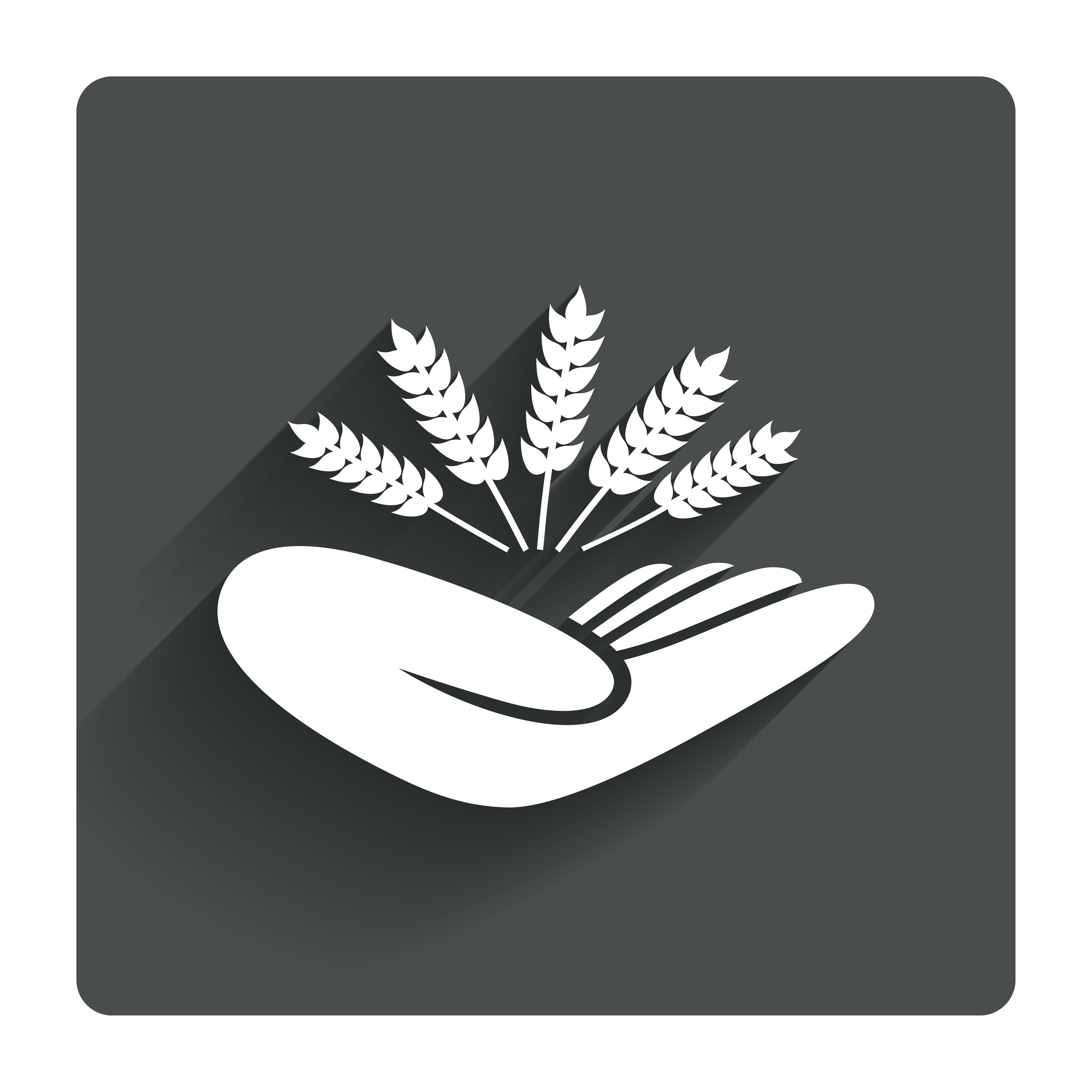Different elements contribute to increase in crop insurance
By Diego Flammini
Assistant Editor, North American Content
Farms.com
Farmers in Alberta are buying more crop insurance amid rising costs to operate a farm.
Kelly McIntyre, a wheat and canola farmer near Fairview, Alberta, told The Canadian Press (CP) that he’s buying crop insurance for the first time in his 30 years of farming.
“There just seems to be an increased risk, more risk all the time,” he told CP.

McIntyre said around this time it’s usually moisture that’s the issue, but the tinder-dry spring and wildfires in Fort McMurray are creating different challenges.
“We’re seeding in conditions that are probably the driest I’ve ever seen,” he said.
Stephen Vanderbalk, who farms near Fort Macleod, said he’s increasing his crop insurance after examining current weather patterns.
“It doesn’t take much,” he told CP. “You take a couple weeks of windy hot weather on your crop, and you’re in trouble.”
Merle Jacobson, Chief Operating Officer for Agriculture Financial Services, told CP that there’s been a noticeable increase in farmers purchasing the maximum amount of insurance – 57 per cent of farmers this year, compared to an average of about 50 per cent.
Total crop insurance applications also increased to 12,339 – an increase of about 1.6 per cent.